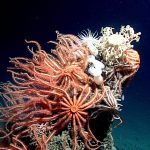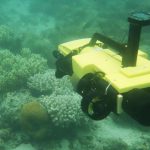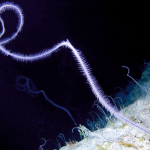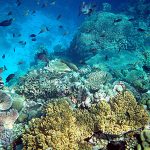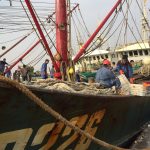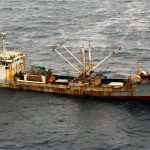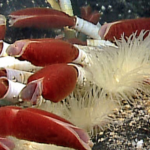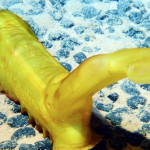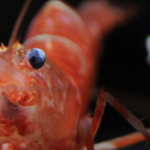Source: Ecologist
Author: Oliver Tickell
Innovative research is uncovering previously unknown species in deep seas vulnerable to over-fishing, pollution and habitat destruction.
Oceans researcher and campaigner Alex Rogers first experienced the full visual impact of ocean plastic pollution in 2015: “I was diving in Honduras in 2015 at Utila in the Bay Islands and there were all these beautiful coral reefs, but as we came around the island we were faced with a raft of rubbish stretching out as far as you could see: plastic bottles, expanded polystyrene, fibreglass, every kind of human waste you could imagine … I have never witnessed such a huge quantity of debris. It was horrific.”
Not that it was his first brush with ocean plastic. That had come three years earlier, when he and his team were exploring seamounts in the Indian Ocean between Madagascar and Antarctica.
Continue reading Novel ecosystems in the deep sea

